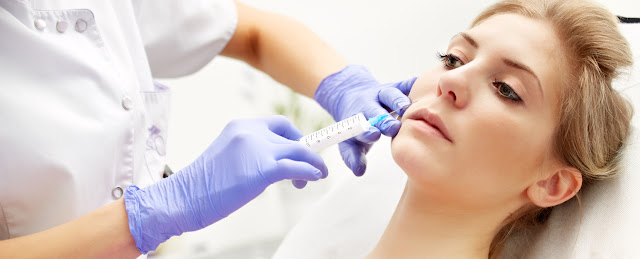Acne Treatments, Causes, and More
Acne is a common skin condition that causes spots on the face, neck, back, or chest. These spots can be whiteheads, blackheads, or inflamed, pus-filled pimples.
Adult acne, also called hormonal acne, continues past the age of around 18 to 20 or starts when someone is in their early twenties.
Acne vulgaris generally affects teenagers and continues for 3 to 5 years, although it can sometimes carry on for longer. Acne is more common in women than in men.
Symptoms of Acne
The symptoms of acne include:
whiteheads: small white spots under the surface of the skin
blackheads: small, blocked pores with a black ‘plug’
pimples: inflamed, red spots which can have yellow pus in the middle
nodules: large red bumps under the skin which can be painful
These symptoms are commonly seen on the face, but acne can also affect the back, chest, shoulders, or neck.
Causes of Acne
Acne is caused by bacteria that can grow inside the skin's pores when they become blocked. These bacteria can produce substances that damage the skin, leading to a build-up of dead skin cells and bacteria, forming a pimple or nodule in the skin.
When androgen hormones cause too much oil to be produced in pores in the face, neck, chest, and shoulders, the pores can become blocked. Androgen levels increase both in boys and girls during puberty. This is why many teenagers have acne while younger children do not.
Acne is only caused by a hormone imbalance in a very small minority of people. There are, however, some health conditions, such as polycystic ovarian syndrome (PCOS). Stress can also lead to an increase in hormones, making someone more prone to developing acne.
People whose close family members have had acne are more likely to develop the condition, too.
How Do I Prevent Acne?
If you have acne, there are ways to help prevent new spots from appearing and to help prevent acne scars from forming. If you have acne, there are ways to help prevent new spots from appearing and scars from forming.
The following will help prevent spots from becoming inflamed or causing scars:
wash your face twice a day with a mild soap-free wash, warm water, and a soft facecloth
use sun protection, such as a wide-brimmed hat and sunscreen, to protect your skin whenever you are in the sun
remove your makeup before you go to bed
shampoo your hair regularly, especially if it is oily and rests on your skin
have a well-balanced, healthy diet and exercise regularly
Things to avoid include:
oil-based makeup or greasy sunscreen
washing your face too often, or using harsh soaps
using face scrubs, toners, or cleansers
tight clothing over areas where you have acne
squeezing or picking spots or pimples
smoking
Acne most commonly affects people aged between 15 and 24 years, and many will notice fewer and less severe spots once they reach their mid-twenties.
Med Spa Treatments For Acne
Laser Therapy
Laser Therapy is one of the most effective treatments for clearing acne, no matter how severe the acne and no matter your skin type. This new method of acne treatment that uses unique laser technology gently delivers powerful energy for quick, side-effect-free results. The laser energy destroys acne bacteria and reduces inflammation to control your current breakouts while decreasing sebum and oil output to lessen the likelihood of future breakouts. In addition, it helps generate new collagen, which diminishes acne scars.
Collagen Induction Therapy (Microneedling)
Once you’ve conquered acne, this doesn’t mean your journey is over. One of the worst side effects of acne is the permanent scarring that can often be left behind. Collagen Induction Therapy, other known as Microneedling, is one of the most effective ways to get rid of acne scars. Microneedling, the first FDA-approved device, is used on all skin types and delivers minimal discomfort compared to other devices.
Chemical Peels
Chemical Peels are another fantastic treatment for acne. Superficial peels that produce injury limited to the epidermis are safe and highly effective for mild to moderate acne, even in darker skin types. Common superficial peels include glycolic acid, salicylic acid, retinoic acid, lactic acid, and trichloroacetic acid (TCA) 10-35%.
Medium-depth peels that produce injury into or through the papillary dermis are effective in the treatment of acne scarring because of their deeper penetration into the skin. Because of their potency, medium-depth peels are not always suitable for all skin types. We love Skin peels because they are one of the most effective and affordable forms of acne treatment.
Final words
By contacting M Health and Beauty, our expert team can help you fight acne with the abovementioned treatments and a unique skincare regimen tailored to your skin. By caring for yourself, you show love and appreciation, allowing your inner confidence and beauty to shine.


.jpeg)
Comments
Post a Comment